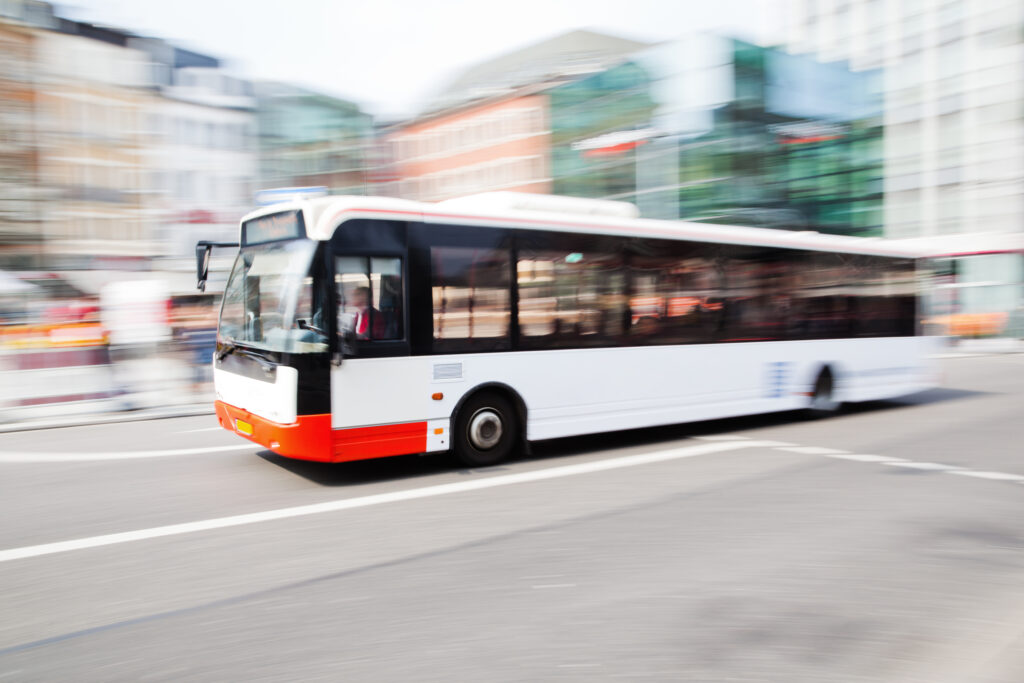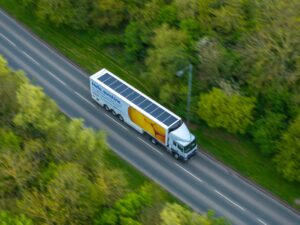CILT’s Bus & Coach Policy Group has published a paper claiming more people will die from air pollution than Covid-19 unless an alternative to the car changes travel behaviour.
Rebuilding the bus market to meet the decarbonising challenge in a post-COVID world, states that Covid-19 will change nothing if the way we travel reverts to congestion and pollution.
The Government’s policy document, Decarbonising Transport: Setting the Challenge, was launched on 4 March 2020. The report was the DfT’s first step to developing a coordinated plan for decarbonising transport. While the legal requirement to reach net-zero by 2050 has not changed, the transport sector has changed beyond recognition in the weeks since its publication.
Delivering transport emissions reduction is a significant challenge and demands a fresh approach, one that CILT believes must build on the impact that Covid-19 has had on travel behaviours.
CILT believes post-Covid provides a unique opportunity to lock in the unintended consequence of the lockdown that virtually eliminated traffic congestion, improved air quality, and reduced carbon emissions.
The paper encourages the Government to continue to ensure funding is used to mount a significant pro-bus and active travel campaign. It also argues that the Government needs to lead an urgent national debate to identify how to change the planning, commercial, and operational landscapes while reducing unnecessary regulation, to make buses more attractive.
Nick Richardson, Chair, Bus & Coach Policy Group, CILT, said: ‘Key to preparing for the post-lockdown phase is to recognise that rebooting the bus and coach sector and enabling its contribution to net-zero needs commitment from central Government, local authorities and operators. If we can use the reduction in travel that has been experienced during this pandemic, and enhance the bus and public transport offer, we will deliver a cleaner environment.’




